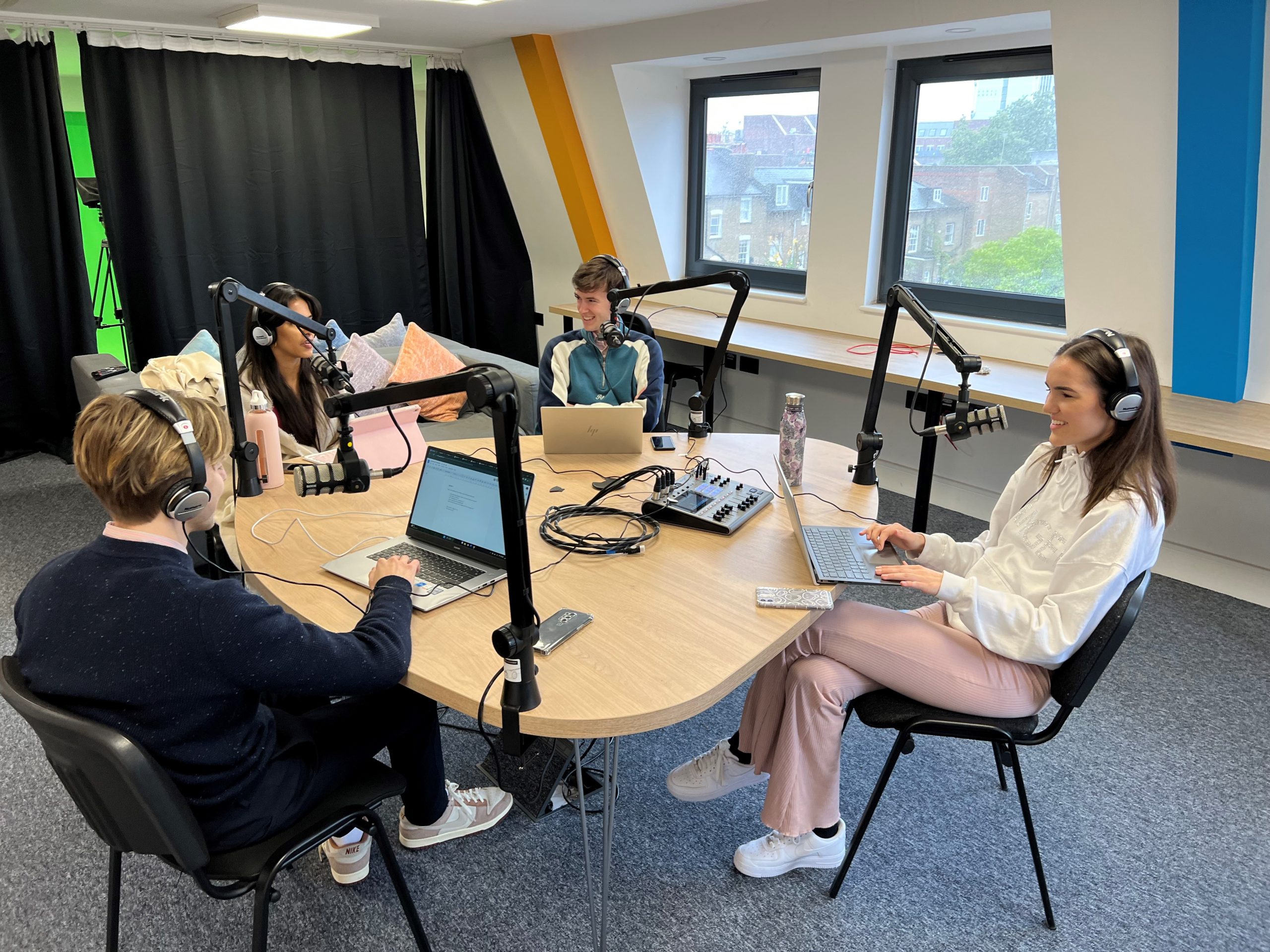Assessment methods
Throughout your Multimedia Journalism degree and NCTJ Diploma in Journalism, you will be assessed through various methods including exams, coursework and journalistic portfolios.
We have prioritised assessing the journalistic work produced by trainees, for example written articles, podcasts, video packages and event coverage using social media.
You will receive regular individual feedback in all your modules prior to your assessments, and your tutors are always on hand for additional support.
We schedule your assessments throughout the academic year to ensure you are introduced to the module and have plenty of time to prepare prior to sitting an exam or submitting your work.
You can publish your work through our Londoner sites during your course, or at other publications where you may complete a placement.
NCTJ v degree module assessments
The NCTJ Diploma modules in your degree are mostly assessed through exams, with some also requiring coursework to be submitted. For example:
- Media Law and Public Affairs are very traditional questions/answer exams.
- Modules such as Essential Journalism and Journalism for a Digital Audience are assessed through a practical skills-based exam, requiring you to produce journalistic content within exam timings, and coursework. NCTJ coursework takes the form of published articles – not essays.
- The NCTJ also requires a final portfolio to be submitted which includes 10 pieces of published work – these can be written, video or audio pieces.
For the degree modules in the course, there are often multiple assessments per module, for example an essay and a portfolio of work. For example:
- The Research modules across years one and two are assessed through an essay and a practical task.
- The Broadcast modules are assessed through a practical task and critical review or evaluation of another piece of work.
You can read more about all the course modules here.
If you have any questions regarding assessments during the course, our training team is always on hand. Email training@newsassociates.co.uk or call us on 0203 026 3781.

Our trainees recording a podcast in our studio
Our trainees’ work
For their second-year module, Audio journalism: radio and podcasts, Stuart, Ruby, Holly and Izabella created the ‘Paranormal Paranoia’ series which uncovered the dark history of London’s most haunted places.
For the NCTJ Journalism for a Digital Audience module, trainee Oliver, produced this feature on canal boat living, using photo, video, text and infographics throughout the article.
You can read it here.
Our final year trainees go live in their third-year module, Broadcast journalism: Going live. You can watch their hour-long broadcast for the Londoners below.
For their second-year social media module, our trainees went to Kingston Christmas market, covering the event on TikTok, Instagram, X and Facebook. Here is one of the TikToks they made on the day.
@londonersnews @PauseReflectRepeat spoke to us all about her wax melts🕯️✨ #kingstonuponthames #christmas2023 #kingstonchristmasmarket #christmas
Oliver wrote for the Metro while he was a trainee, submitting his work in his final year portfolio. He has since been commended in the NCTJ Awards for Excellence for Student Top Scoop.
You can read his piece, ‘‘He used his position to control me’: Survivors of domestic abuse by police speak out’ here.
